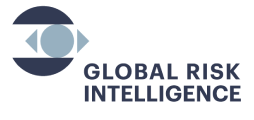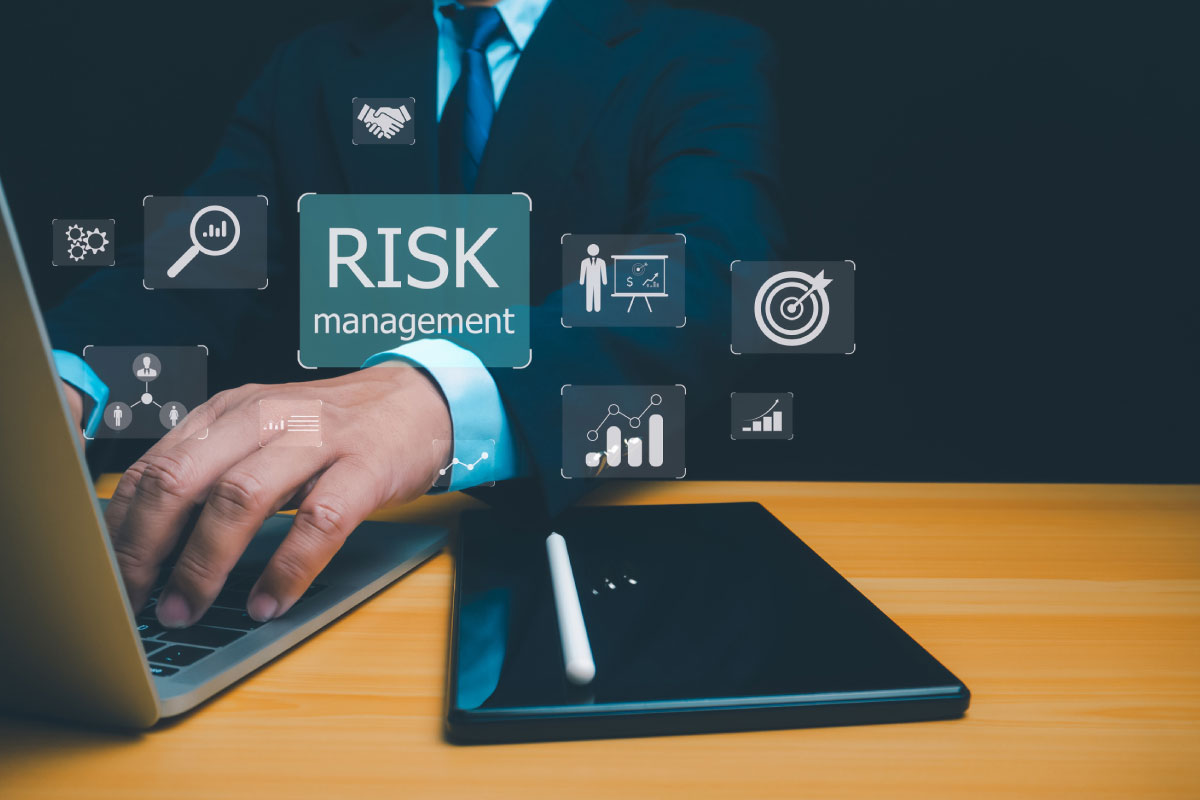Due diligence has become a cornerstone of modern business operations, ensuring that companies mitigate potential risks when engaging with partners, suppliers, and investors. The digital transformation has reshaped traditional due diligence methods, offering new opportunities and challenges in compliance and risk assessment.
Key Aspects of Due Diligence in the Digital Age
- Importance of Third-Party Risk Assessments
Businesses must conduct thorough evaluations of third-party vendors, suppliers, and clients to prevent reputational and financial risks. This includes background checks, financial health analysis, and regulatory compliance verification. - The Rise of AI and Big Data in Due Diligence
Artificial intelligence and big data analytics enable companies to analyze vast amounts of information quickly, identifying potential red flags in business relationships. These technologies enhance efficiency and accuracy in risk assessment. - Compliance with Global Regulations
Regulatory frameworks such as GDPR, FCPA, and AML laws require businesses to maintain strict compliance standards. Companies must adopt digital tools to streamline due diligence processes and ensure adherence to global regulations. - Ethical Considerations and Transparency
With growing public awareness of corporate responsibility, ethical due diligence is more important than ever. Companies must assess labor practices, environmental policies, and governance structures to maintain ethical business operations.
Best Practices for Effective Due Diligence
Utilize AI-powered tools to conduct real-time risk assessments.
Maintain updated databases for tracking compliance-related risks.
Implement a continuous monitoring system for long-term risk management.
By embracing technology and ethical business practices, organizations can conduct effective due diligence, safeguarding their reputation and operational integrity.

